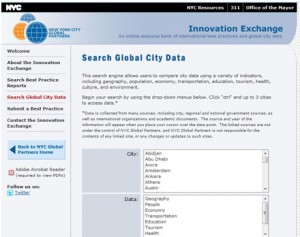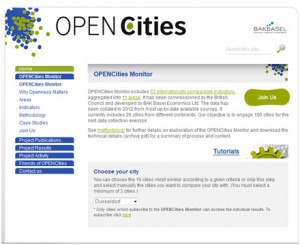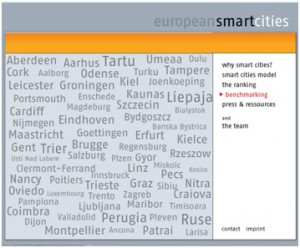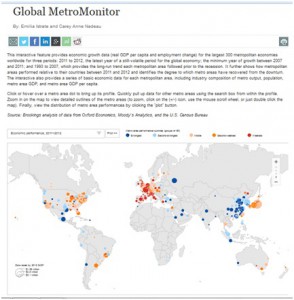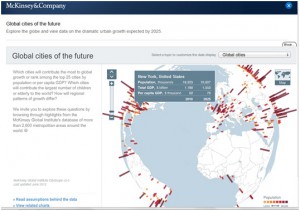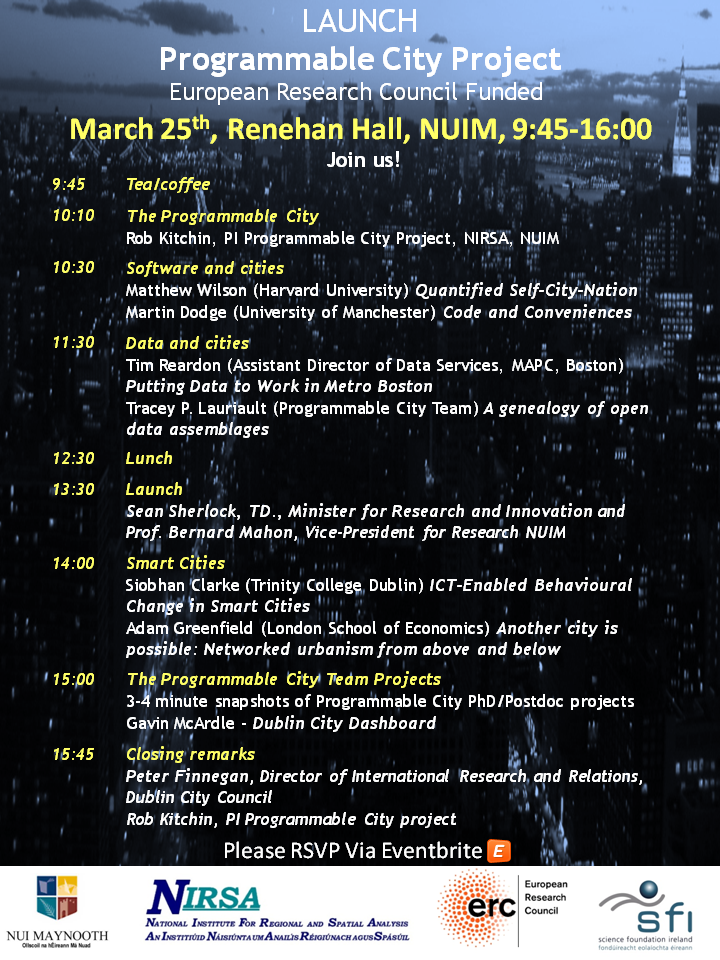At the recent Conference of the Association of American Geographers held in Tampa, April 8-12, I was asked to be a discussant on a set of three sessions concerning geographers engagement with big data. The first session was a general intro panel to big data from a geographical perspective, the second panel consisted of a set of a dozen or so short lightening talks (no more than 5 mins each) about each speaker’s on-going research, and the third panel presented some demos of practical approaches researchers are making to harvesting, curating and sharing big geo-data.
Rather than focus my discussion on the individual comments, papers and demos, I reflected more broadly on the presentations, which I felt had been overly focused on one particular kind of big data, namely social media, with a little crowdsourcing thrown in, and had done so from a standpoint that was overly technical or quite narrowly conceived in conceptual terms. My argument was that we need to help develop, along with other social science disciplines, critical data studies (a term borrowed from Craig Dalton and Jim Thatcher) that fully appreciate and uncover the complex assemblages that produce, circulate, share/sell and utilise data in diverse ways and recognize the politics of data and the diverse work that they do in the world. This also requires a critical examination of the ontology of big data and its varieties which extend well beyond social media to include various forms of digital and automated surveillance, techno-social systems of work, exhaust from digital devices, sensors, scanners, the internet of things, interaction and transactional data, sousveillance, and various modes of volunteered data. As well as a thorough consideration of its technical and organisational shortcomings/issues, its associated politics and ethics, and its consequences for the epistemologies, methodologies and practices of academia and various domains of everyday life. I concluded with a call for more synoptic, conceptual and normative analysis of big data, as well as detailed empirical research that examine all aspects of big data assemblages. In other words, I was advocating for a more holistic and critical analysis of big data. Given the speed at which the age of big data is coming into being, such analyses in my view are very much needed to make sense of the changes occuring.
For another reflection on the sessions see Mark Graham’s comments on Zero Geography.
Rob Kitchin


